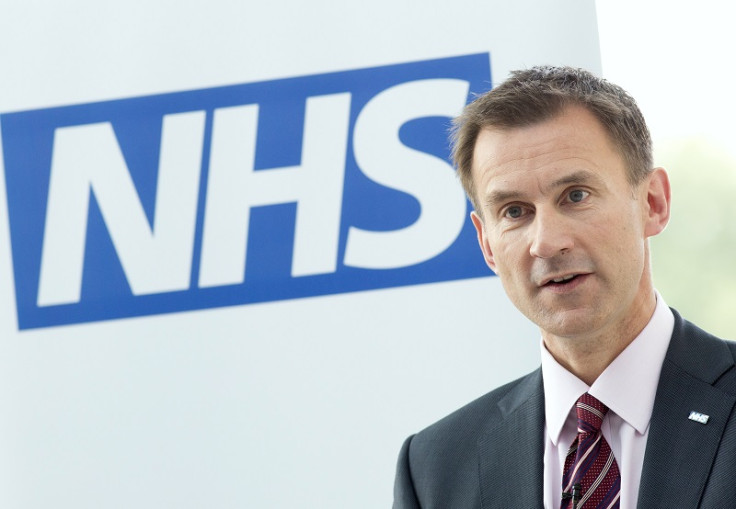Health Secretary Hunt Picks a Fight With Nurses Over Pay

Health secretary Jeremy Hunt is giving the impression he is seeking a full-on confrontation with health workers after blocking a recommended 1% pay rise for 600,000 nurses and other staff.
His decision to overrule the independent pay review body has come in the same week he pushed a new law through parliament giving himself the power to close down hospitals with no local consultation.
He is now facing a near-inevitable clash with NHS staff as unions promise to consult their members over possible strike action.
Rachel Maskell, of Unite the union which represents 100,000 NHS workers, told the BBC that the pay offer was "the straw that breaks the camel's back - a step too far", coming after a two year freeze.
What has so angered staff is that the independent review body had called for the 1% rise to be applied across the board, including for those set to receive so-called "progression-in-job" increases of around 3%.
And its report said it did not believe "the short-term financial advantage to be gained from a non-consolidated award would outweigh the potentially adverse impact on staff engagement and motivation of a non-consolidated...uplift".
But Hunt took the unusual step of ignoring the advice and insisted if he had followed it, 6,000 nurses would have been lost, and he pointed to the progression pay rises to show staff would be receiving increases anyway.
And David Cameron said the savings meant more money could be spent on patient care.
The unions insisted it was wrong to conflate the two types of awards and that to do so showed a lack of understanding of how the NHS worked.
It was also pointed out that members of the armed forces, prison officers and judges would all get the 1% recommended by the review body.
Ever since David Cameron claimed his top priority was the NHS, the government has been pitched into one clash after another with the service.
It started with the top down, fundamental restructuring of the service ordered and, many believe, mishandled by former health secretary Andrew Lansley.
Clashes over waiting times and a crisis in accident and emergency units followed, and unions claim there has been a persistent attempt to paint a negative image of the NHS by highlighting care scandals that have affected a tiny number of hospitals.
The negative publicity does seem to have had a clear effect on the public perception of the NHS and it is against that backdrop that ministers may believe it is no longer a guaranteed vote loser to pick a fight with staff, including nurses.
© Copyright IBTimes 2024. All rights reserved.






